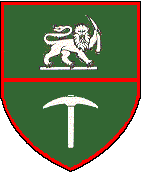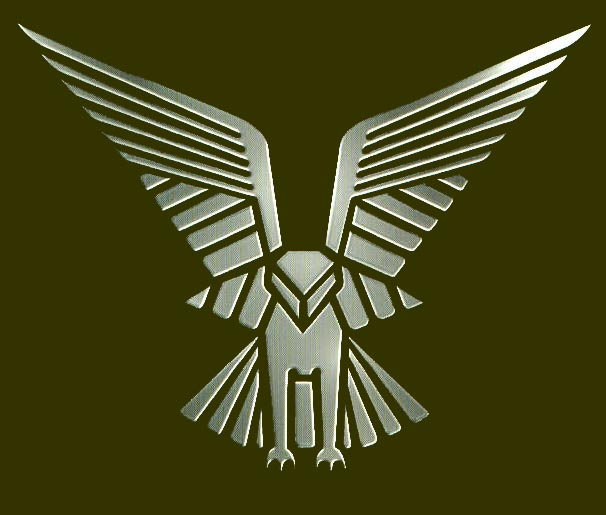|
Every war produces its élite unit, and the
Rhodesian War was no exception. The professional reputation of the
Rhodesian Security Force was justified, but the skills of the Selous
Scouts have become legendary. The founder and commander of the Scouts
was a Rhodesian born officer, Lt.Col. Ronald Reid-Daly. He entered the
Rhodesian Army in 1951 and served with the Rhodesian Squadron of the
British Special Air Services (SAS) in operations against insurgents in
Malaya in 1951. Rising to the rank of Sergeant Major in the Rhodesian
Light Infantry, he was later commissioned and achieved the rank of
Captain. He retired from the Army in 1973. In late 1973 he was persuaded
to return to active duty in order to form the Selous Scouts.
The unit remained on active duty until Robert
Mugabe was elected Prime Minister in 1980. One of his first acts was to
order the immediate disbanding of the Scouts; Mugabe also threatened to
bring its members to trial as war criminals. During the transition
period under British protection, most of the unit’s members left
Zimbabwe. In 1981 Newsweek magazine reported that the Republic of
South Africa incorporated the majority of the unit as a combat element
into its Self Defence Force. Its former commanding officer is currently
serving as a Major General in charge of the Defence Force of the
Transkei, an independent black state within the border of the Republic
of South Africa.
Prime Minister Mugabe’s reaction to the Selous
Scouts is of interest. Upon assuming office he made a concerted effort
to ensure the dignity and structure of the minority European community.
This was particularly evident in the Army. Mugabe realized that his link
to a peaceful future for Zimbabwe lay in its armed forces. He was very
cautious in handling this delicate issue, but with the single exception
of the Selous Scouts.
The basis for the new government’s mistrust of
the unit was founded upon the efficiency of the organization. During the
war the Scouts were credited with the deaths of 68% of the insurgents
killed within the borders of Rhodesia.
The purpose of the unit was the clandestine
elimination of the Nationalists without regard to international borders.
The foundation of the unit’s effectiveness was its members’ ability
to live off the land, combined with the tracking skills of the
individual soldier. All members were volunteers and combat veterans.
They were initiated into the Scouts via a very severe indoctrination
programme, which eliminated approximately 85% of the respondents. The
training course was six weeks in length and incorporated an excess of
physical and psychological stress. The unit was entirely integrated and
all soldiers had to pass the same course of instruction in order to win
access to the unit. The final test included a 90 mile forced march with
a 70 pound pack. This may not seem excessive to American Marines, but
the hike was divided into four “courses”. At the completion of each
course, the volunteer was given a difficult combat task to accomplish
prior to continuing onto the next phase.
The emphasis throughout the entire training cycle was
the development of “Bush and Tracking” techniques. The Scout had to
become absolutely self-reliant. The unit incorporated the same tactics that the British
had initiated in Malaya and Kenya. It was defined as a Pseudo-Gang
concept. A team of 4-7 men
was deployed into an operational area. All other friendly forces in that
region were withdrawn. The team was dressed in insurgent uniforms,
carried communist weapons, and gave the appearance of being a guerrilla
force. The key was that they were better trained and more disciplined
than the nationalists. Once they ascertained the presence of an
insurgent force, they began to stalk them. They were proficient at
remaining undetected throughout this phase. This gave them the advantage
of initiating contact with the insurgents at their discretion. The
Selous Scouts achieved remarkable results by carrying the war directly
to the guerrillas. Their success carries the key to an effective
counterinsurgency campaign. They were simply much better at guerrilla
warfare than their opponents.
|




